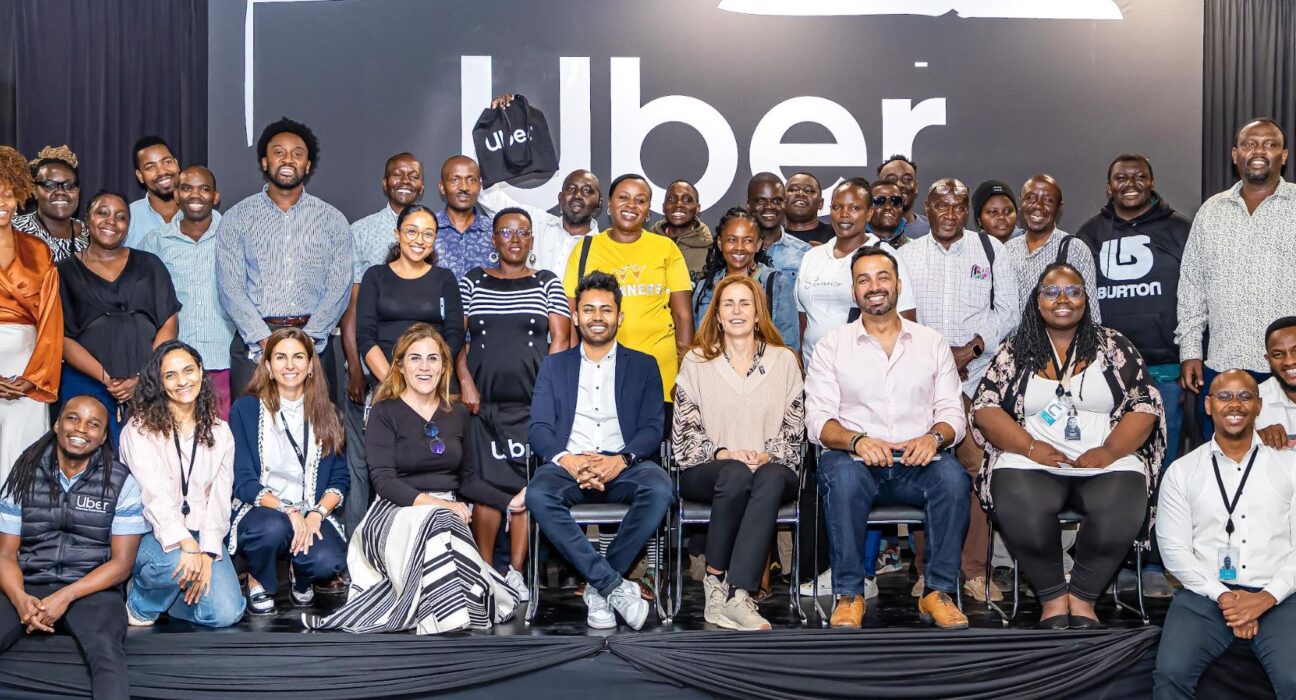Ride-hailing and delivery platform Uber has marked its 10-year anniversary in Kenya with a special Earner Appreciation Event, celebrating the drivers and couriers who have powered its growth and helped shape the country’s digital mobility landscape.
Themed around empowerment and community, the event brought together hundreds of top-rated earners for the inaugural Uber Kenya Empowerment Awards, recognising exceptional service, resilience, and innovation. Honourees included the longest-serving drivers, community champions, and high-performing earners who have made a lasting impact through their work on the platform.
“Our commitment to Kenya is about more than just mobility and delivery; it’s about building a partnership for shared prosperity,” said Imran Manji, General Manager for Uber East Africa. “Today, we are proud to honour the hard work of our earners. Their success is a testament to the entrepreneurial spirit that fuels Kenya’s economic growth.”
New Initiatives to Support Earners
As part of the celebrations, Uber unveiled a series of new earner support initiatives aimed at improving driver welfare, reducing operating costs, and strengthening their long-term earning potential.
- Fuel Discounts with TotalEnergies: A new partnership with TotalEnergies will see drivers receive discounted fuel, helping to offset one of their largest daily expenses.
- Free App Connectivity via Safaricom: In collaboration with Safaricom, Uber extended the “No Bundles, No Problem” campaign, which allows both drivers and riders to access the Uber app without using mobile data on the Safaricom network — ensuring smoother connectivity on trips.
- Health and Vision Support with VisionSpring: Uber also announced a driver health program offering free eye tests and eyeglasses, reinforcing its commitment to safety and well-being on the road.
In addition, top-rated drivers were recognized with special earning incentives, celebrating their dedication and reinforcing Uber’s focus on rewarding quality service.
Economic Impact and Community Transformation
Over the past decade, Uber has become a key player in Kenya’s digital economy, creating income opportunities and supporting small-scale entrepreneurship.
According to the 2023 Uber Impact Report, drivers using the platform earned 37% more than their next best alternative, collectively generating an additional KSh 2.2 billion in annual income. Overall, Uber’s operations contributed an estimated KSh 14.1 billion in economic value to the Kenyan economy.
These earnings have enabled many partners to diversify income streams, build family businesses, and improve their quality of life.
“Through my Uber earnings, I was able to start a shop that my wife and I run together. It gave us another stream of income and changed our family’s future,” shared one long-serving Uber driver during the event.
Simplifying Tax Compliance for Drivers
In a move aimed at reducing administrative burdens on earners, Uber recently partnered with the Kenya Revenue Authority (KRA) to streamline compliance with new tax regulations.
Through an automated system, Uber now issues electronic tax invoices (e-TIMS) on behalf of its drivers — eliminating the need for manual filing and simplifying record-keeping for thousands of earners. This initiative is expected to improve transparency, compliance, and ease of doing business for the ride-hailing community.
A Decade of Innovation and Partnership
Since its launch in Nairobi in 2015, Uber has completed millions of trips, created thousands of earning opportunities, and contributed billions of shillings to Kenya’s economy. The company’s impact has extended beyond transport — fostering innovation, supporting local partnerships, and promoting safer, more reliable mobility options across cities.
As it enters its second decade, Uber says it will remain focused on empowering earners, expanding access to sustainable livelihoods, and building stronger community connections.
“We are proud of the progress we’ve made together over the last ten years,” said Manji. “Kenya is one of our most dynamic markets in Africa, and we remain committed to creating even more shared value in the years ahead.”





